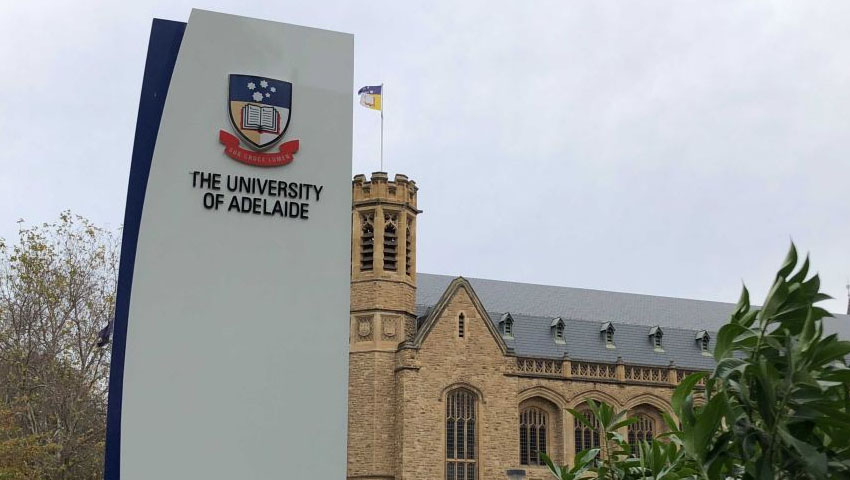The University of Adelaide has announced the appointment of Joanne Wallis as professor of international security, as part of its plans to enhance its capability in security related research, and contribute additional expertise to major defence projects in the national interest.
To continue reading the rest of this article, please log in.
Create free account to get unlimited news articles and more!
Professor Wallis recently received a Department of Defence Strategic Policy Grant to analyse how Australia can work with the US, Japan and New Zealand in the Pacific islands to form a networked security architecture that can share the strategic burden and remain resilient in the face of geopolitical and domestic challenges.
Professor Wallis is recognised as a leading academic voice in the Australian strategic and foreign affairs policy community and the chief investigator on two ARC Discovery Projects analysing Australian interventions in the Pacific islands and the operation of the Australia-New Zealand alliance.
"A common theme in my research is that the social sciences play an important role in defence and security. Military capability and defence technology are important, but governments need to know which threats they should be focusing their capability and technology at, and which states and actors they can work with as allies and partners," Professor Wallis explained.
Adding to this, Professor Wallis said, "For example, there has been a lot of coverage of the potential threat posed by China’s increased presence in the Pacific islands, but my research proposes ways in which Australia can improve its relationships with Pacific island states, and with its allies and partners, including China, in order to prevent a perceived threat becoming a real one."
Professor Michael Webb, director, defence, cyber and space at the University of Adelaide, said Professor Wallis has had a remarkable impact on foreign affairs, specifically relating to Australia’s strategic and foreign policy in the Pacific islands region, and the experience and expertise she brings to the university will elevate the research it undertakes in this field.
"My future research will explore the subtle ways in which states use influence activities in order to change the behaviour or preferences of other states, and how influence activities interact with more traditional levers of influence, such as aid, military assistance and investment," Professor Wallis added.
Professor Wallis’ appointment was made under the university’s Top Talent program, which seeks to attract the world’s best minds to South Australia. She is the author or editor of seven books, has been a Fulbright Scholar and completed her PhD as a Poynton Cambridge Australia scholar at the University of Cambridge.

 Login
Login






